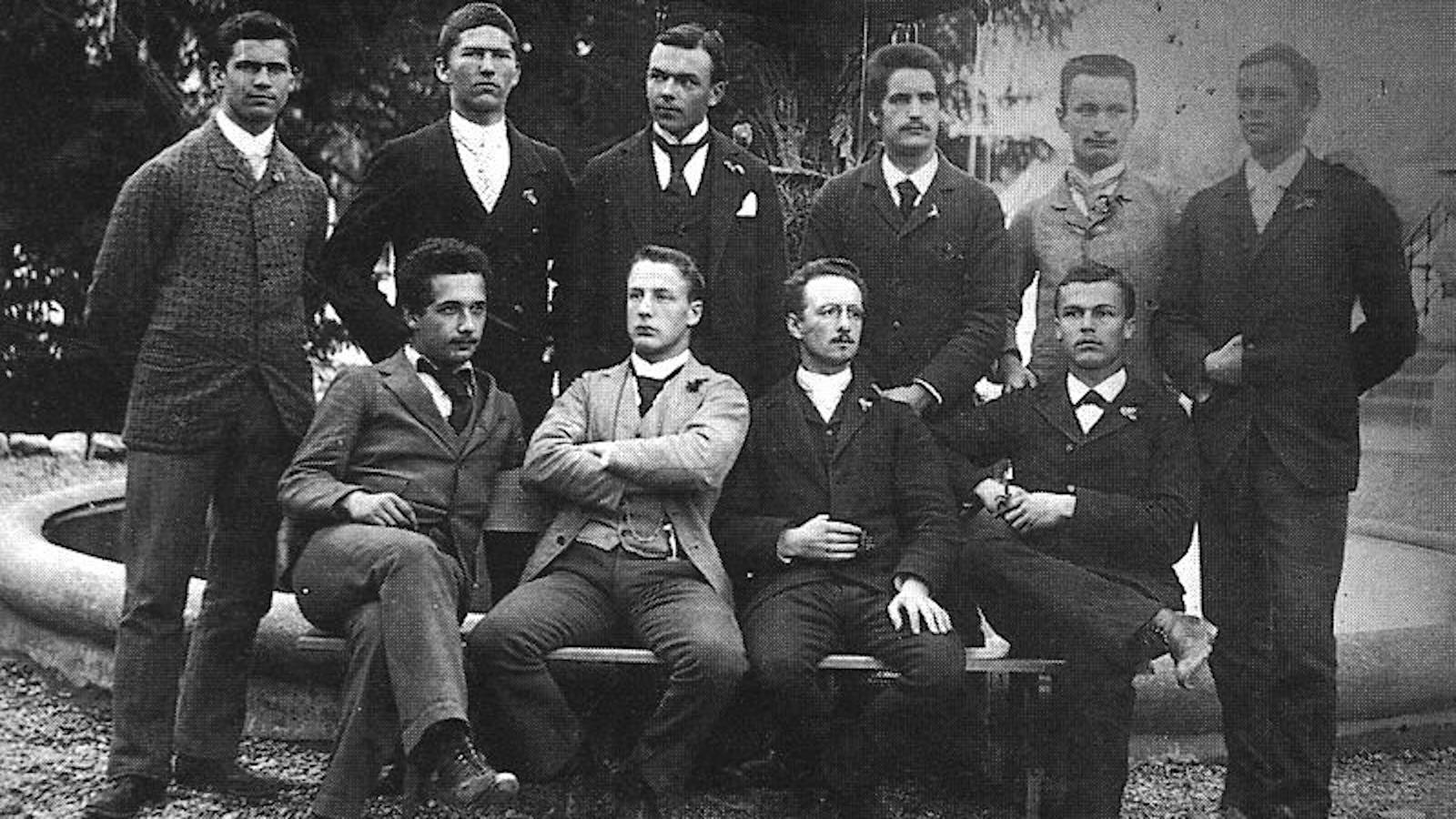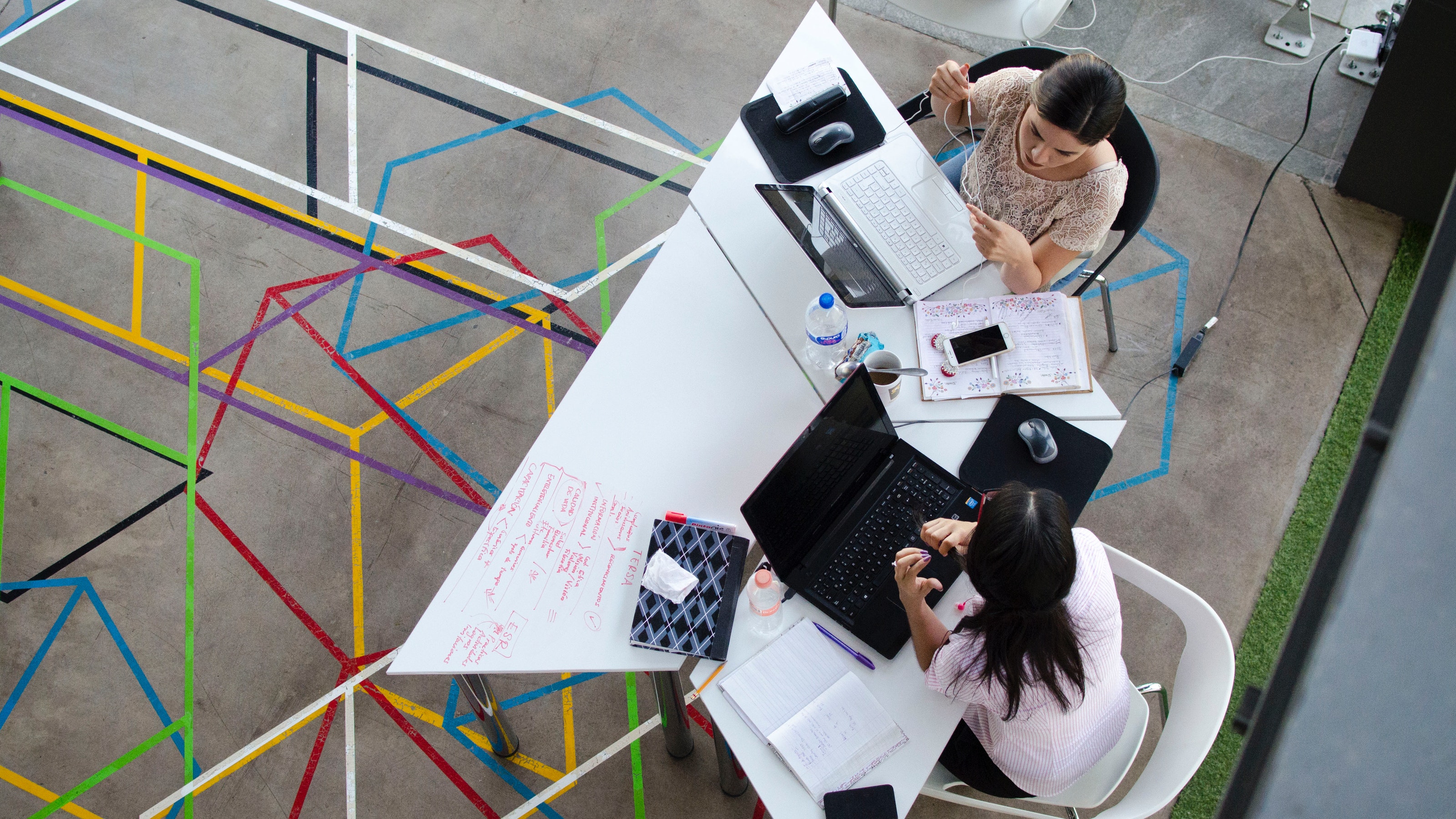Jim Gilliam is the founder and CEO of NationBuilder, and author of the recently published book, The Internet Is My Religion. Previously, he co-founded Robert Greenwald's Brave New Films, building a non-profit grassroots media powerhouse[…]
1. Say “yes” to everything you’re inclined to say “no” to. 2. Find people willing to listen to what you have to say.
▸
3 min
—
with
Sign up for Big Think on Substack
The most surprising and impactful new stories delivered to your inbox every week, for free.
NationBuilder founder and CEO Jim Gilliam offers some advice to people who haven’t yet unlocked their own potential. First, try new things by saying “yes” to things you’re initially inclined to say “no” to. Only by stepping outside your comfort zone can you determine whether said comfort zone actually exists. Second, just as with raising a child, unlocking one’s personal potential requires a village. Find good listeners who are willing to hear your story. Reflect on your life with the aid of another’s ears and you’ll be on your way to introspection and self-realization.
▸
4 min
—
with




